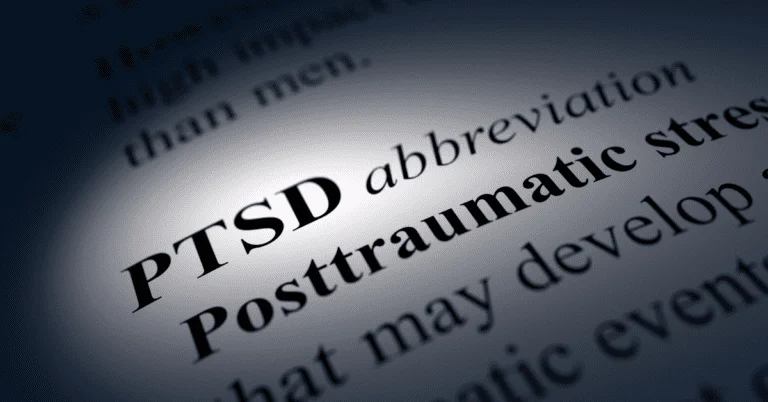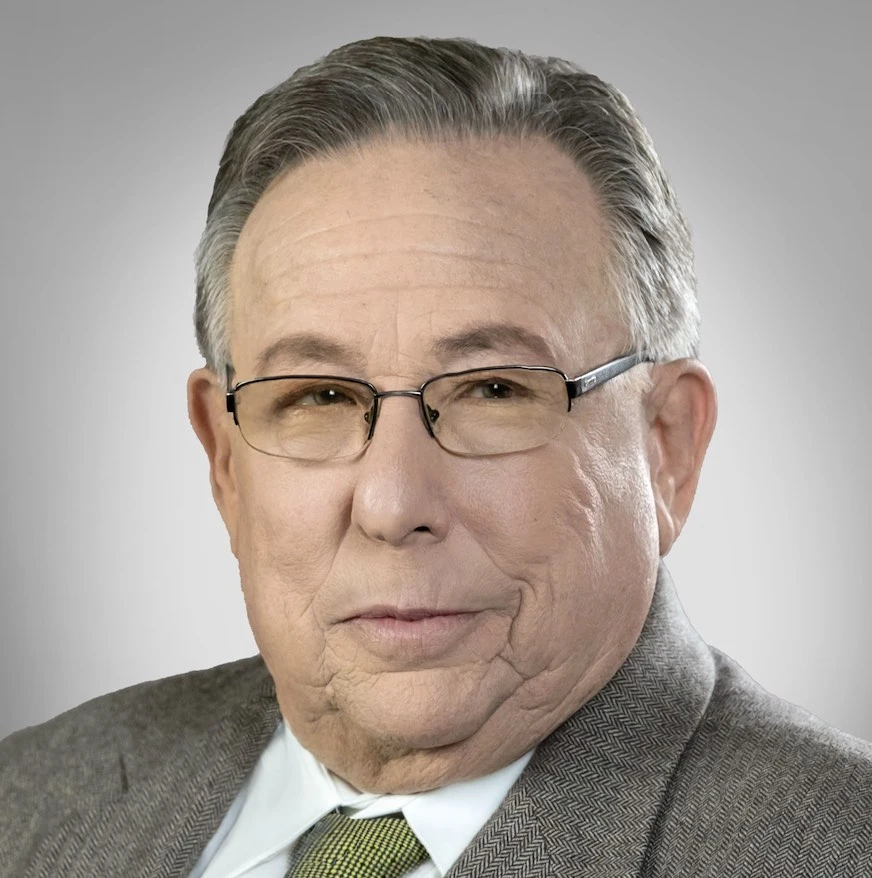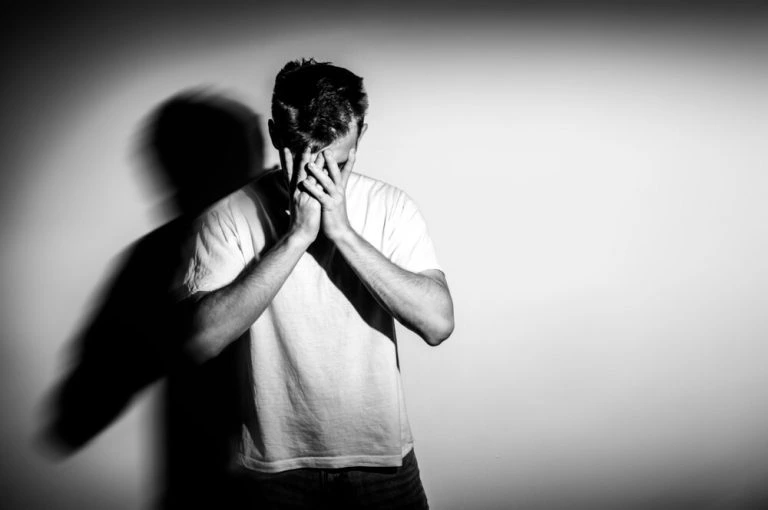How to Cope With Common PTSD Triggers
Post-traumatic stress disorder (PTSD) is a mental health condition caused by an intense or traumatic incident such as physical abuse, sexual violence, or a natural disaster. Most people experience or witness a traumatic event or moment in their lifetime; however, not every person develops a mental health condition. Diving under the surface regarding PTSD triggers helps to learn how to avoid or cope with them.

What Happens When PTSD Is Triggered?
PTSD trigger symptoms occur for various reasons. A person with the disorder will often experience intrusive thoughts or flashbacks of the traumatic event. Nightmares may become intense and consuming, causing sleeping difficulties or insomnia. Intrusive thoughts will happen without voluntary control, and some examples include harming yourself or others, ideas of doubt, or sexual thoughts.
In addition, avoidance is displayed, and a person may go to some extremes to disassociate or avoid anything that reminds them of the traumatic event. Finally, cognitive and mood changes begin, and the person with the condition may struggle to think positively about themselves or others. Plus, aggression or anger outbursts tend to follow PTSD triggers.
What Triggers PTSD?
Post-traumatic stress disorder triggers include but are not limited to a lack of social support, experiencing the event as a child and associating childhood trauma with the present, underlying mental health conditions, and substance abuse. The link between PTSD and substance abuse regards consuming drugs like Xanax or alcohol to cope with the negative symptoms of the disorder. Misusing drugs and alcohol can make symptoms worse and cause long-term health complications or other mental illnesses.
PTSD triggers may depend on a variety of factors, such as certain smells, noises, visual images, and even the weather. Driving past the location where the event took place or doing something very similar to what you were doing in the moment of the traumatic event can easily present PTSD triggers. However, reactions to triggers may often seem spontaneous.
For example, seeing someone in emotional pain may cause a person with the condition to lash out or experience flashbacks.
Other triggers include:
- Music
- Medical care
- Angry voices
- Loud sounds
- Types of food
- Age reminders
- Specific colors
- Specific objects
- Loss of a loved one or friend
A person with PTSD should avoid worsening symptoms by taking drugs or falling into chronic drinking habits. Medical assistance is advised to avoid other health problems such as memory loss, self-isolation, extreme irritability, or major depressive episodes.
How to Overcome PTSD Triggers
When PTSD is triggered, it’s vital to stay calm and focus on transferring your thoughts from negative to positive. Performing relaxation exercises can help keep you calm, such as breathing, muscle relaxation, or meditation techniques. Writing down one or a few happy memories will help you paint a detailed image of that moment in your mind. When a triggering event occurs, focus on what you wrote and try to imagine and relive that happy moment while breathing or meditating.
It’s essential to try to not add meaning to the intrusive thoughts, especially if they are telling you to do something out of character or that would be embarrassing. These thoughts tend to inflict upset or angry emotions. Detaching these emotions from the intruder will allow the unwanted thought to pass by quicker.
Other ways to stay calm and redirect your attention are by doing simple movements such as walking, petting a furry friend, sucking on hard candy, squishing a stress ball, or running your hands under water. Additionally, speaking to someone about these thoughts will also help you to detach from the past.
Resources & Recovery at Better Addiction Care
Whether you are dealing with PTSD triggers, drug addiction, or both, Better Addiction Care has you covered. Learn how to deal with PTSD and overcome substance abuse by visiting us and learning about the resources and services we offer. Our team of professionals works hard to design a treatment plan that best fits your recovery needs and goals. Begin with a drug detox and revive your mind through unique therapeutic methods.
Speak to a specialist at Better Addiction Care by calling (800) 429-7690, and begin your treatment journey today!








